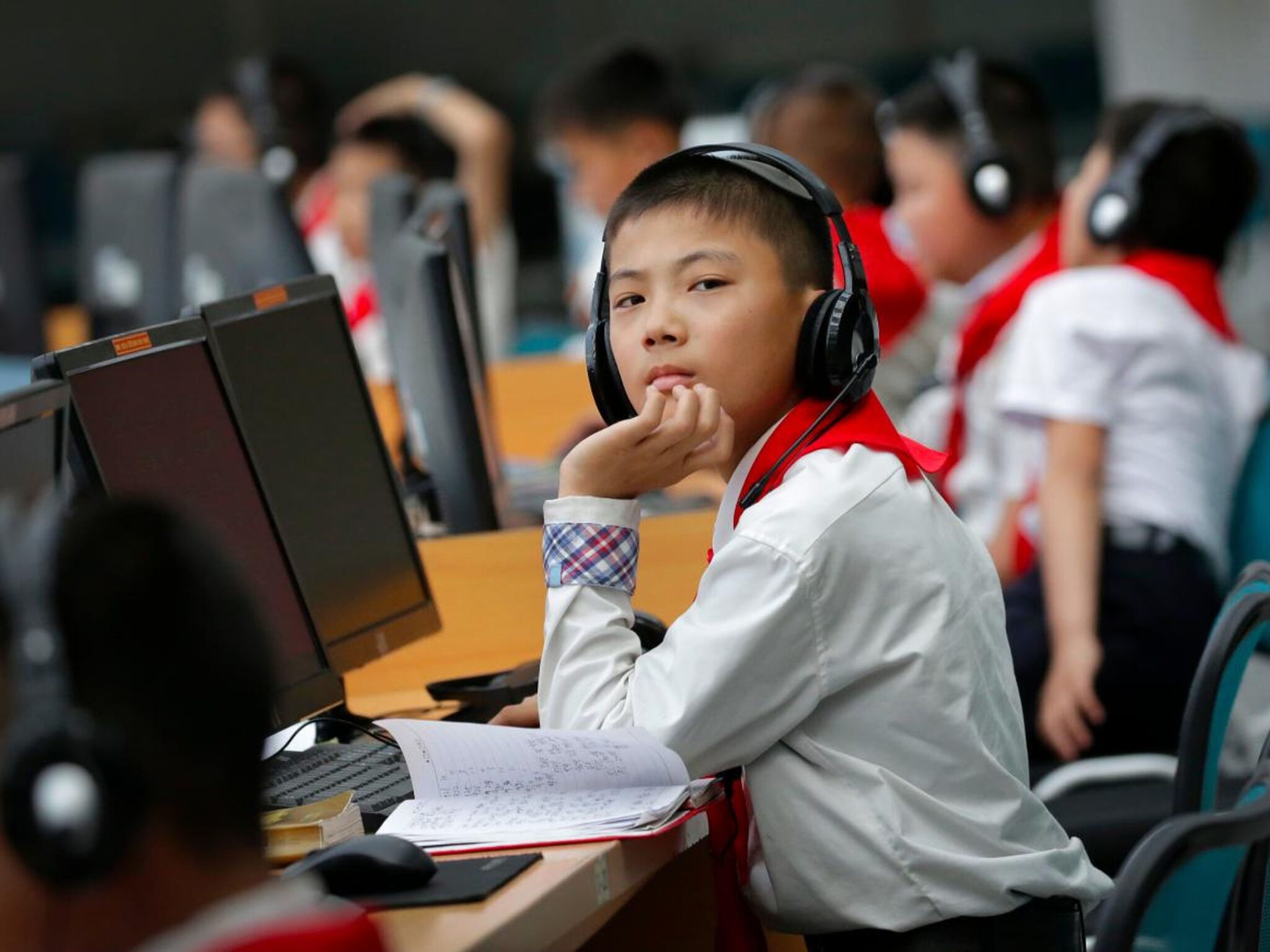
For 25 million North Koreans, connecting to the internet is impossible. Only a few thousand privileged members of the hermit kingdom’s society can access the worldwide web, while even the highly censored national intranet is out of reach for most of the population. Obtaining free and open information is not an option in North Korea.
A new investigation by the human rights organization People for Successful Korean Reunification (PSCORE), based in South Korea, details the reality of those who manage to connect to the internet in North Korea under very limited circumstances. The report reveals a multi-day approval process to access the web, after which supervisors sit alongside individuals while they browse and approve their activities every five minutes. Even then, the information they can access hardly reveals anything about the world outside North Korean borders.
Excessive Control Over Internet Use in North Korea
The NGO’s documentation was presented yesterday at the human rights conference, RightsCon, and exposes the regime with the most limited internet freedoms, far below the also restrictive and monitored access in China and Iran. For millions of people in North Korea, the internet simply does not exist.
«I was taught about the World Wide Web and even had to memorize the name for an exam, but I only knew about the internet in theory,» said a North Korean defector who left the country to PSCORE researchers. «I knew it was a kind of network where you can search for things, but I didn’t really understand what it did.» Another stated that «he did not know the concept of Wi-Fi,» let alone anything about Google.
Getting an accurate picture of what happens inside Kim Jong Un’s hermetic state is incredibly complicated. Officials control all flows of information and present the world with state propaganda. To gain an understanding of the North Korean reality, analysts rely on those who escape, running great personal risks. PSCORE’s report on internet freedom is based on 24 in-person interviews with defectors and a survey of an additional 158. All of them left North Korea between 2012 and 2022.
According to the report, North Korean researcher Kim Suk-Han used the internet five times while living in the country. He had connected during a trip to China, which raised his expectations, he told the publication’s officials. However, access was limited and monitoring was constant.
People could use the internet for one hour, and if someone wanted more time, they had to request a new permit from the authorities, Kim explained, a process that required the approval of several officials and took about two days. If someone requested it too frequently, they would be made to wait, Kim noted. «All Korean websites are blocked, and one can only access Chinese or English pages.»
In the last decade, the number of digital devices in North Korea has increased. Between 50% and 80% of adults currently own mobile phones, allowing them to send text messages and call their family members. However, the use of these devices is heavily controlled: data speeds are slow, devices take screenshots every few minutes, and the encryption only allows for content approved by the government. Furthermore, internet coverage is far from reaching the same level.
A few dozen families with connections to Kim Jong-Un and some foreigners have unlimited access to the global internet, while «a few thousand» citizens, including government officials, researchers, and computer science students, can connect to a heavily monitored version of the web, according to the report and previous studies. North Koreans like Kim, who are allowed to travel abroad, typically for work reasons, sometimes access the worldwide web from other countries.
